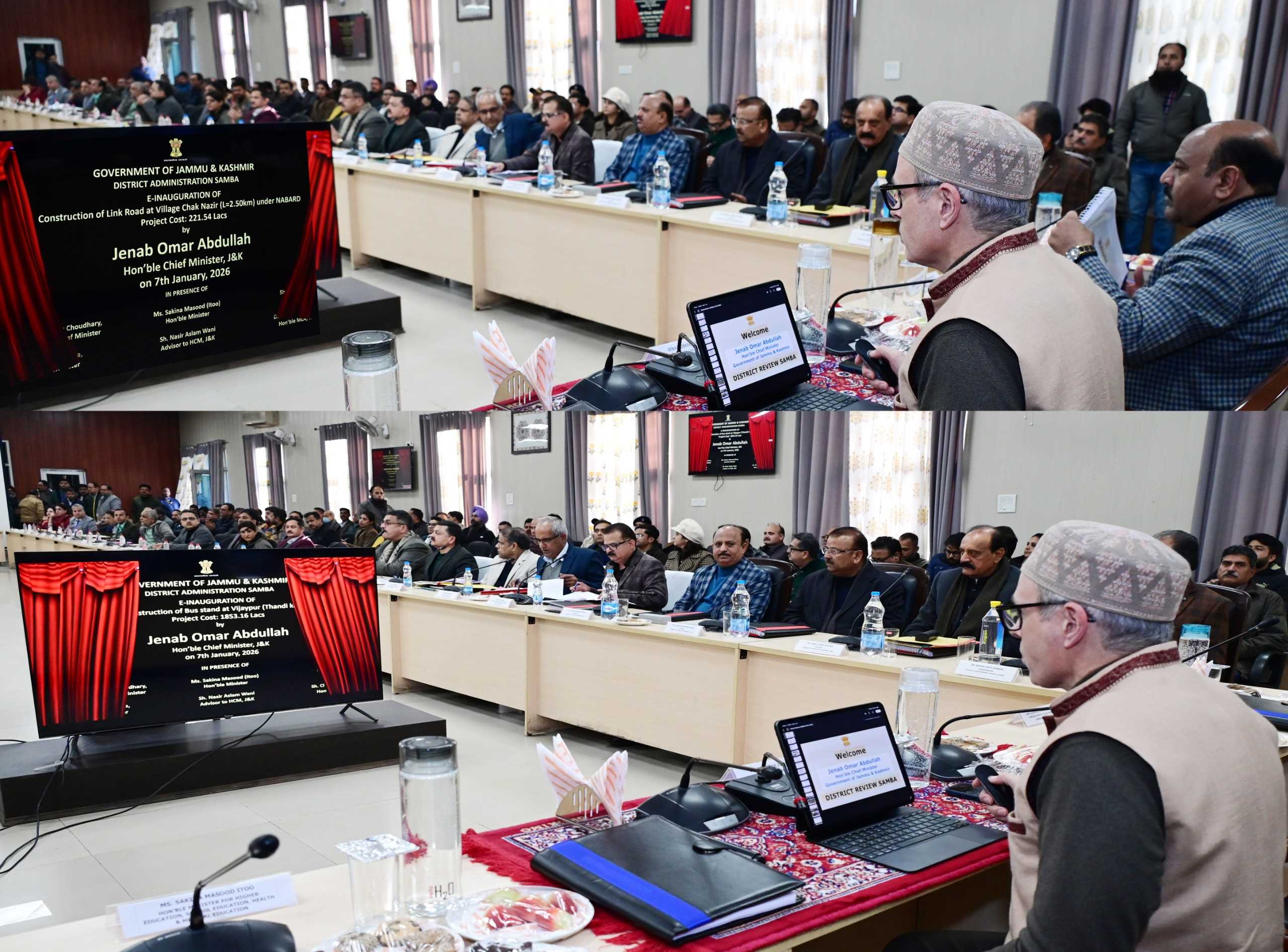In today's world, where individualism and self-promotion are often celebrated, the lines between healthy self-esteem and an inflated ego can blur. While having a sense of self-worth is important, it becomes dangerous when the ego swells to the point of arrogance. In Islam, both arrogance and an unchecked ego are seen as significant barriers to spiritual growth, interpersonal harmony, and a deeper connection with Allah. This article explores the dangers of an inflated ego and arrogance from an Islamic perspective, emphasizing the value of humility and how it contributes to a balanced and fulfilling life.
The Nature of Ego: Positive and Negative Dimensions
Ego, or"Nafs" in Arabic, is a fundamental part of human nature. It refers to the self, encompassing both the physical and spiritual aspects of a person. The ego plays a critical role in shaping identity, self-respect, and self-awareness. However, in Islamic thought, the ego can manifest in different ways, with both positive and negative dimensions. A healthy ego fosters self-esteem, self-care, and self-discipline, while an inflated or uncontrolled ego can lead to pride, selfishness, and ultimately arrogance.
The Nafs in its negative form is described in the Qur’an as **"Nafs al-Ammara"** (the commanding self), which inclines a person toward selfish desires and wrongdoing. This is the form of ego that, if unchecked, leads to arrogance, and this inflated sense of self is what Islam warns against. The goal for Muslims is to engage in Tazkiyah (purification of the soul), working to control the ego and align it with Islamic values such as humility, selflessness, and submission to Allah’s will.
Arrogance: A Path to Spiritual Decline
Arrogance, known as **"Kibr"** in Arabic, is more than just an inflated ego. It involves a deep-rooted belief that one is inherently superior to others, which can manifest in prideful behavior, rejecting the truth, and looking down upon people. The Qur'an condemns arrogance in many verses, and one of the clearest examples is the story of Iblis (Satan). When Allah commanded Iblis to bow to Adam (PBUH), he refused out of arrogance, saying:
“I am better than him; You created me from fire, and him You created from clay.”
Surah Al-A'raf, 7:12
This act of defiance, born out of pride, led to Iblis' downfall and serves as a timeless warning about the dangers of arrogance. Similarly, in **Surah Sad (38:75-76)**, Allah further questions Iblis’ arrogance:
"(Allah) said, ‘O Iblis, what prevented you from prostrating to that which I created with My hands? Were you arrogant [then], or were you [already] among the haughty?’ He said, ‘I am better than him. You created me from fire and created him from clay.’"
Prophet Muhammad (PBUH) strongly condemned arrogance. He said, "No one who has an atom's weight of arrogance in his heart will enter Paradise." When asked to clarify what arrogance is, he replied, "It is to reject the truth and look down on people" (Sahih Muslim). This hadith highlights two key aspects of arrogance that are particularly dangerous:
Rejecting the Truth
An arrogant person often refuses to acknowledge the truth, whether it comes from Allah, His Messenger, or even from other people. The Qur'an mentions this characteristic:
“Those who dispute concerning the signs of Allah without any authority having come to them, grievous and odious is (such conduct) in the sight of Allah and of the believers. Thus does Allah seal up every heart of arrogant, obstinate transgressors.”
(Surah Al-Mu’min, 40:35)
Looking Down on Others
Arrogance creates division between individuals and within communities. A person who considers themselves superior may mistreat others, creating resentment and animosity. Islam teaches that all people are equal in the sight of Allah, and our value is determined by our deeds, not our status, wealth, or appearance. As the Prophet Muhammad (PBUH) said:
“Allah does not look at your bodies nor your appearances, but He looks at your hearts and your deeds.”
Sahih Muslim
How an Inflated Ego Harms Spiritual Growth
When the ego becomes inflated, it stands in the way of self-improvement. An overblown sense of self-worth makes a person complacent, believing they have nothing left to learn or improve upon. This mindset is dangerous, as it blinds a person to their own shortcomings and prevents them from seeking guidance or engaging in self-reflection.
The Qur’an warns of the consequences of arrogance:
“Certainly, Allah knows what they conceal and what they declare. Verily, He does not like the arrogant.”
Surah An-Nahl, 16:23
Islam encourages believers to purify their souls through **Tazkiyah**, which involves self-reflection, repentance, and striving to overcome negative traits like pride and arrogance. An unchecked ego interferes with this process by fostering complacency and entitlement, leading one further from Allah. The Qur'an warns against such behavior:
“And when it is said to him, ‘Fear Allah,’ pride in the sin seizes him. Sufficient for him is Hellfire, and how wretched is the resting place.”
Surah Al-Baqarah, 2:206
Prophet Muhammad (PBUH) emphasized the importance of self-control and humility. He said, "The strong man is not the one who can wrestle others, but the one who controls himself when he is angry" (Sahih Bukhari). This hadith reminds us that true strength lies not in physical power or dominance, but in the ability to master one's inner self and desires, particularly when it comes to managing the ego.
Humility: The Antidote to Arrogance and Ego
In contrast to arrogance, humility is a key virtue in Islam. It allows a person to recognize their dependence on Allah and the equality of all human beings. Humility does not mean belittling oneself, but rather understanding that all success and blessings come from Allah, and that everyone, regardless of their status or accomplishments, is subject to His judgment and mercy. The Qur'an reminds us of our humble origins:
“O mankind, fear your Lord, who created you from one soul and created from it its mate and dispersed from both of them many men and women.”
Surah An-Nisa, 4:1
Prophet Muhammad (PBUH) embodied humility throughout his life. Despite being the final messenger of Allah, he lived modestly and treated everyone with respect, regardless of their social standing. Once, a man approached him, trembling in awe of his presence. The Prophet (PBUH) gently said:
"Relax, I am not a king; I am the son of a woman who ate dried meat." (Ibn Majah)
Practical Steps to Cultivate Humility
Cultivating humility requires a conscious effort to keep the ego in check and to develop a mindset of gratitude and respect for others. Here are some practical steps to help cultivate humility in daily life:
Remember Allah’s Greatness
“And do not walk upon the earth exultantly. Indeed, you will never tear the earth apart, and you will never reach the mountains in height.”
Surah Al-Isra, 17:37
Engage in Self-Reflection
Regularly reviewing our actions and intentions can help identify moments when pride or ego may have influenced our behavior. Islam encourages **Muhasabah** (self-accountability), which allows us to catch these tendencies early and make corrections.
Seek Knowledge with an Open Mind
“No matter how much we know, there is always more to learn. Approaching life with an open heart to knowledge fosters humility and allows us to grow without becoming arrogant about our current state of knowledge.”
Serve Others Selflessly
“And lower your wing to those who follow you of the believers.”
Surah Ash-Shu’ara, 26:215
Treat Everyone with Respect**: Regardless of their status, background, or position, every person deserves to be treated with dignity.
“And the servants of the Most Merciful are those who walk upon the earth humbly, and when the ignorant address them harshly, they say words of peace.”
Surah Al-Furqan, 25:63
An inflated ego and arrogance are dangerous traits that can lead a person away from spiritual growth, strain relationships, and foster harmful behavior. Islam teaches that humility, self-reflection, and controlling the ego are essential for attaining inner peace and drawing closer to Allah. By following the example of the Prophet Muhammad (PBUH) and the teachings of the Qur'an, we can overcome arrogance and nurture a sense of humility that will benefit both ourselves and those around us.
Ultimately, true success in life lies not in exalting oneself but in recognizing our dependence on Allah and treating others with kindness and respect. As the Prophet (PBUH) wisely said:
"Whoever has humility for the sake of Allah, Allah will elevate him."
Email:---------------------------syedahmad713@gmail.com











